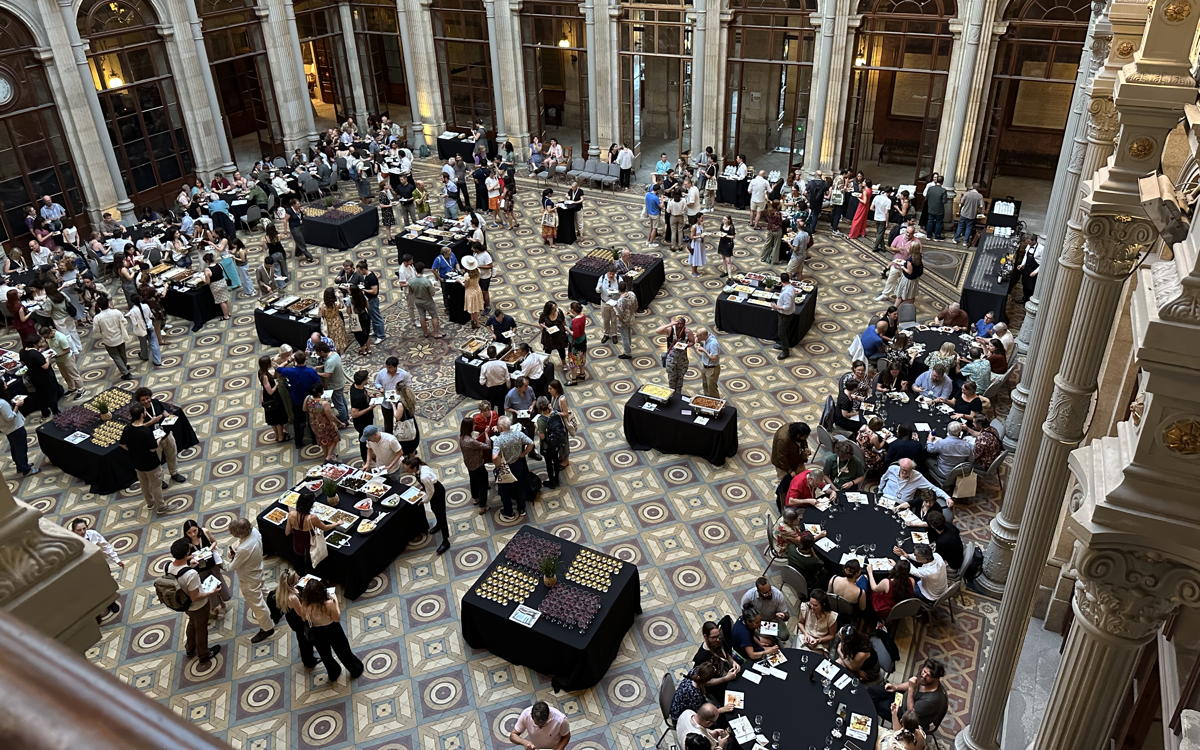Blog
- Details
- Written by: Charbel El-Hani
Riana Betzler brought us a nice reflection on how at least a large part of us felt empathy for one another during these pandemic times. She pointed out how difficult it is to clearly state what empathy is. There is indeed a lot of disagreement on the matter. But if we want to advance in talking about empathy (which seems much needed not only in our current times, but for some decades now), we need to find some ground to agree on the meaning of the word. Riana proposes, then, a rough-and-ready definition that tracks contemporary thinking about it, in the empirical literature and everyday discourse: empathy is the ability to feel with other people — to feel what other people are feeling. She adds that such a feeling with also breeds understanding, gives us knowledge about the other person’s situation. She develops an interesting argument from this definition, which those reading this post can see by checking her previous post in the ISHPSSB blog.
I would like to bring to the discussion a concept that has become increasingly important in my current work, but which I had just began to deal with. It is for me a good exercise, then, to share some thoughts about it. This concept is ‘intercultural empathy’, which raises controversy in the literature on intercultural communication, but is rather relevant when we think on the building of empathy across different communities, societies, peoples, cultures, as a time like the one we are living challenges us to do.
Read more: Relational empathy and the participation in each other’s experience
- Details
- Written by: Riana Betzler
When the lockdown first took effect, a feeling of solidarity filled the air. “We’re all in this together” were the words on people’s lips, spoken like an incantation to reassure ourselves, as much as those around us, that things would be ok.
People found ways to connect with each other remotely. My colleagues shared photos of their dogs and kids to the staff email list instead of alerting us to the presence of cake in the office. People mobilized to help the most vulnerable among us. We received leaflets through our letter box from neighbours offering to buy groceries if we were self-isolating. Radio programs reported on people dusting off their sewing machines to make face masks and scrubs. Breweries shifted from making beer for the pubs to producing hand sanitizer. A centenarian did laps around his garden to raise money for the doctors fighting in the hospitals. Applause for the NHS filled the streets every Thursday night at 8 PM. Even those of us who couldn’t do much at all were helping too, simply by staying home.
We’re all in this together. But who is ‘we’?

